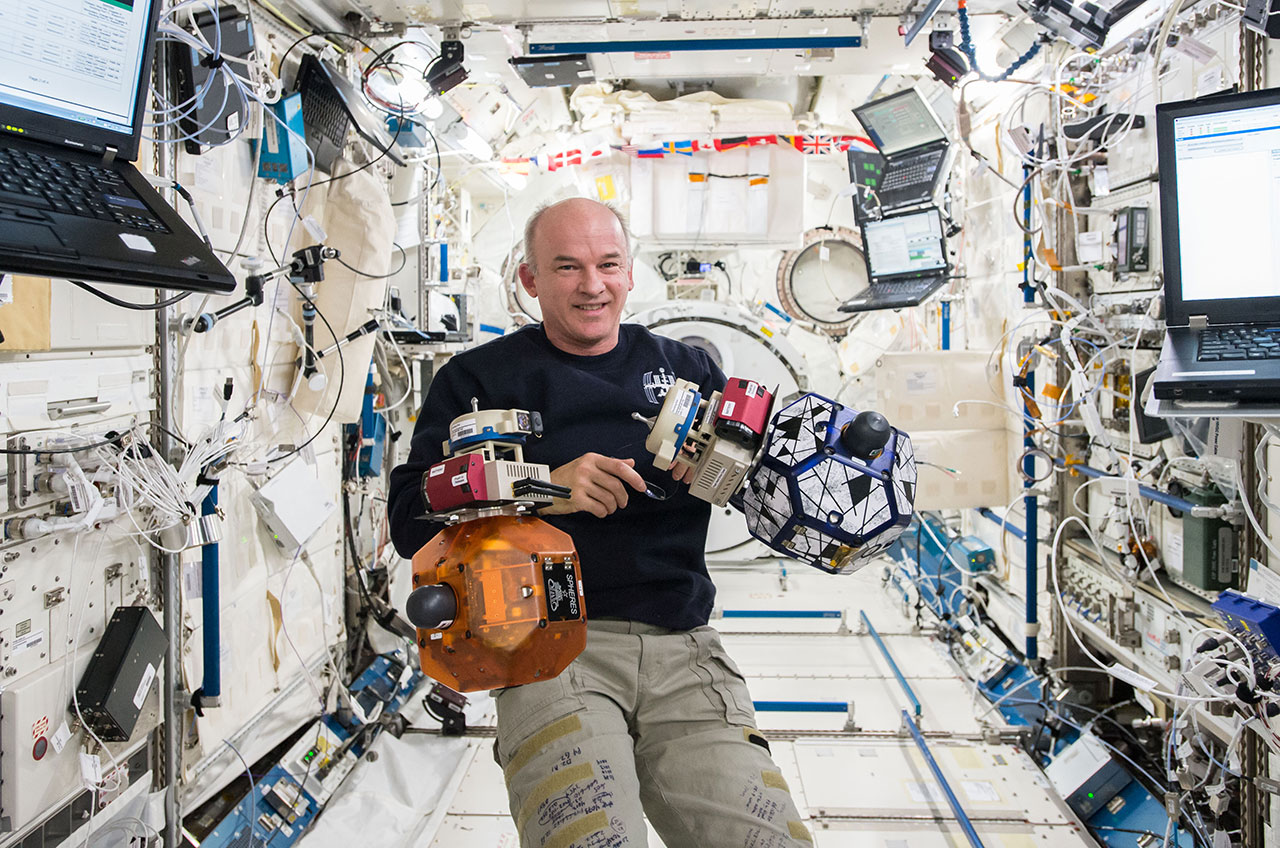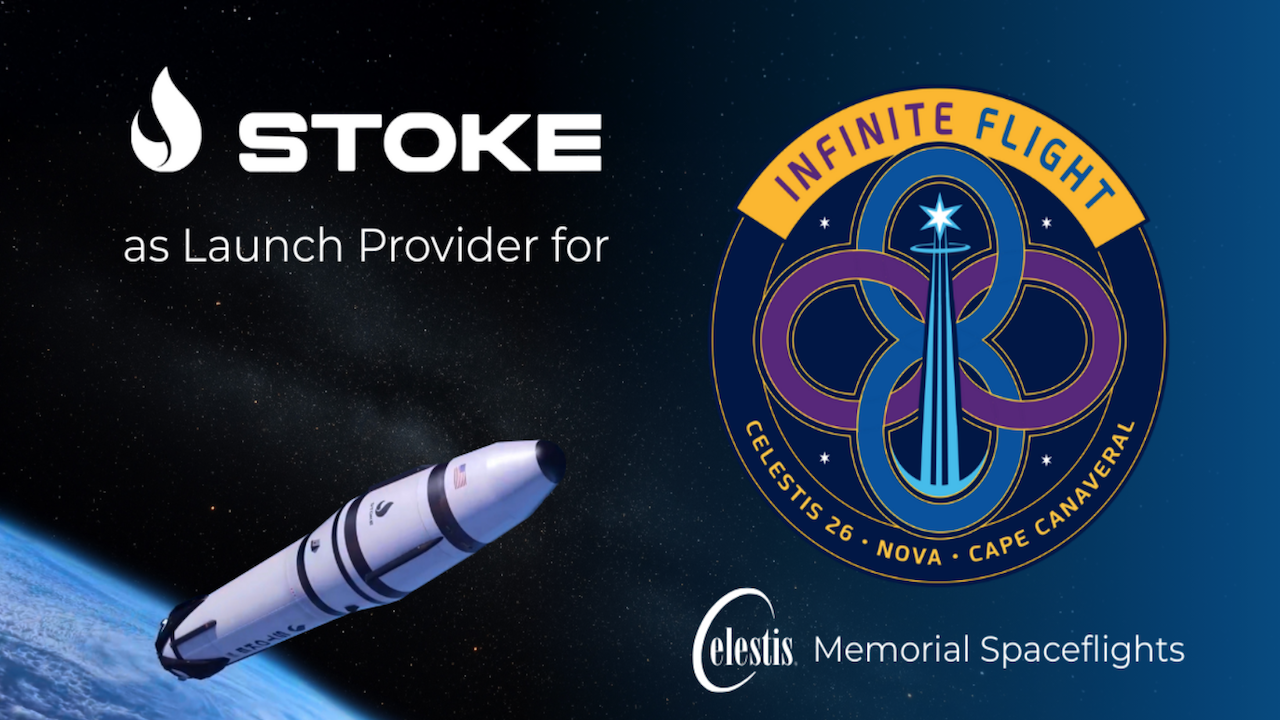520 Days and Counting: Jeff Williams Tops US Record for Time in Space

For the second time in less than one year, a NASA astronaut has broken the record for the most time spent in space by an American.
Jeff Williams, a veteran of four spaceflights — including his current expedition aboard the International Space Station, surpassed fellow U.S. astronaut Scott Kelly's record of 520 days, 10 hours and 30 minutes just before 5:00 a.m. EDT (0900 GMT) on Wednesday (Aug. 24). When he returns to Earth next month, Williams will have logged a career total of more than 534 days off the planet.
"It is an honor to spend any day in space and certainly, to have accumulated that time is truly an honor for me," said Williams in a NASA interview recorded in July. [Video: Jeff Williams' ISS Acrobatics]
Williams arrived at the space station on March 18, just a couple of weeks after Kelly completed his almost year-long stay aboard the orbiting outpost. Currently the commander of the station's Expedition 48 crew, Williams is scheduled to return to Earth on the evening of Sept. 6 (EDT).
An astronaut since 1996, Williams' four trips into orbit have spanned the history of the space station.
His first spaceflight, a 10-day shuttle mission that delivered supplies to the burgeoning complex in 2000, preceded the space station's first resident crew by six months. Williams then launched on two long-duration stays as an expedition crew member in 2006 and 2010.
"To be a part of it, in the beginning, in the middle, finishing out the station and now when it's in the full utilization mode — that's really the bigger story to me personally," Williams said from orbit.
Breaking space news, the latest updates on rocket launches, skywatching events and more!
Kelly broke the previous 382-day U.S. record, set in 2011 by Mike Fincke, on Oct. 16, 2015. Kelly logged his 520th day in space on March 1, and returned to Earth that same day.
Williams, like Kelly, will hold the American cumulative time in space record for a short time. Astronaut Peggy Whitson is expected to surpass Williams' 534 total days during her upcoming mission on the space station, beginning with her launch in November.
Already a veteran of more than a year in orbit (spread over the course of her two missions), Whitson's projected total of 557 days by May 2017 would rank her eighth among the worldwide community of space explorers.
For now, though, Williams' expected record of 534 days will place him 14th on the international rankings. Kelly, whose 340-day expedition remains the single longest mission by a U.S. astronaut, will place 18th when Williams lands.
Kelly's, Williams' and Whitson's increasingly-longer tallies are (or will be) more than 100 days beyond what any other American astronaut has logged in history, but are still far from the worldwide record.
Set in September 2015, Roscosmos cosmonaut Gennady Padalka's record tops out at 878 days accumulated over the course of five missions. Padalka had said he wants to surpass 1,000 days on a sixth spaceflight.
Follow collectSPACE.com on Facebook and on Twitter at @collectSPACE. Copyright 2016 collectSPACE.com. All rights reserved.

Robert Pearlman is a space historian, journalist and the founder and editor of collectSPACE.com, a daily news publication and community devoted to space history with a particular focus on how and where space exploration intersects with pop culture. Pearlman is also a contributing writer for Space.com and co-author of "Space Stations: The Art, Science, and Reality of Working in Space” published by Smithsonian Books in 2018.
In 2009, he was inducted into the U.S. Space Camp Hall of Fame in Huntsville, Alabama. In 2021, he was honored by the American Astronautical Society with the Ordway Award for Sustained Excellence in Spaceflight History. In 2023, the National Space Club Florida Committee recognized Pearlman with the Kolcum News and Communications Award for excellence in telling the space story along the Space Coast and throughout the world.

